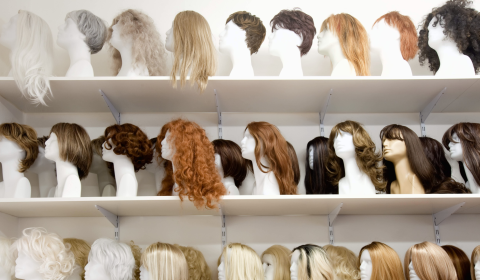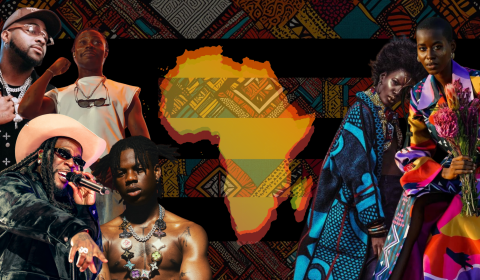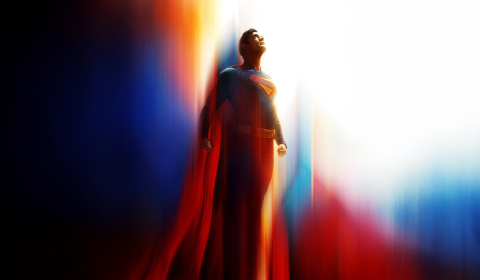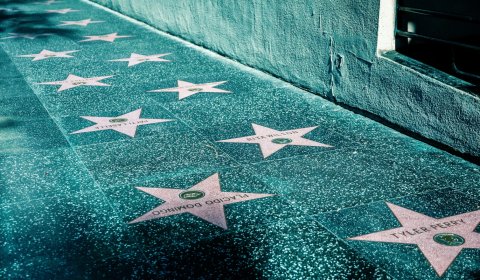This year’s awards were marked by diversity, inclusion, and displays of queer joy. It’s a standard the industry would do well to uphold.
At the 76th Emmy Awards on Sunday, actor John Leguizamo gave Hollywood a much-needed reminder: diversity doesn’t just happen by accident.
The actor and long-time advocate for Latinx representation took the stage at L.A. Live’s Peacock Theater and delivered a speech that managed to be both impassioned and pointedly blunt. ‘Not complaining doesn’t change anything,’ Leguizamo said. ‘At 15, I didn’t know the word ‘representation’’.
For an industry that has only recently recognised people of all backgrounds can act, sing, direct and write (imagine!), the night was a carefully curated celebration of progress.
Reflecting on how far Hollywood has come, Leguizamo called out the lack of Latinx representation he saw as a young actor. ‘Everyone played us. Except for us,’ he told audiences, before listing every Latinx nominee at this year’s awards.
Those included Selena Gomez, Sofia Vergara, and Nava Mau (also the first transgender woman to be nominated in the supporting actor role for a limited series).
Mau’s recognition for her work on Netflix’s breakout show Baby Reindeer felt historic – because it was. But this sense of monumental change also highlights how sluggish the pace of progress has been.
A moving exchange between Mau and red carpet host Laverne Cox – who was herself the first transgender actress ever to be nominated for an Emmy – provided one of the night’s emotional highlights.
Seeing both women embrace tearfully was a bittersweet nod to the years of struggle and rejection that trans actors face within the industry – and a reminder that, for all the industry’s crowing about diversity, there are still far too few seats at the table.
The night was marked by numerous other ‘firsts’, including record-breaking wins for Shōgun which took home 14 trophies – the most ever won for a single season of a show.
With a majority Japanese cast, and Japanese spoken as the primary language across all episodes, the drama series saw historic wins for actors Anna Sawai – the first actor of Asian descent to win for lead actress in a drama series – and Hiroyuki Sanada – the first Japanese actor to win for lead actor in a Drama series.
Liza Colon-Zayas also beat industry giants Meryl Streep and Carol Burnett in the best supporting actress category for her role in The Bear.
‘And to all the Latinas who are looking at me,’ Colon-Zayas said in her acceptance speech, ‘keep believing and vote. Vote for your rights.’
Speaking on the diversity at the awards, Leguizamo said ‘We need more stories from excluded groups, Black, Asian, Jewish, Arab, LGBTQ+ and disabled.’




















